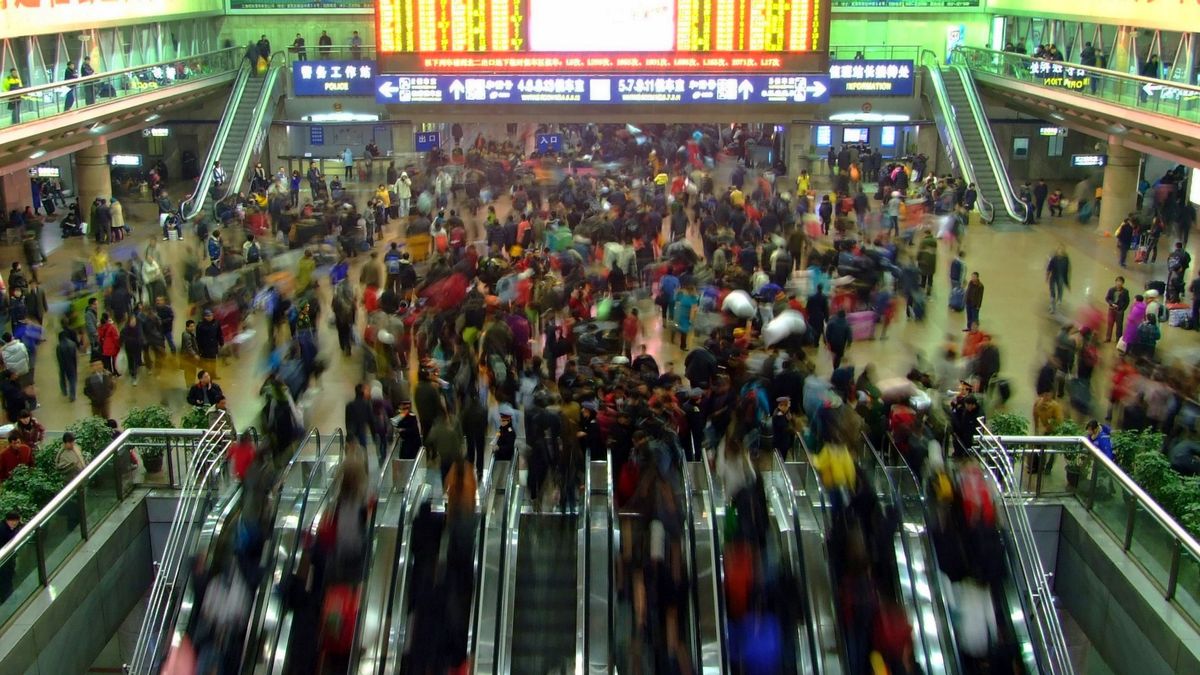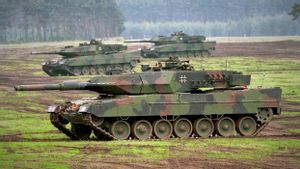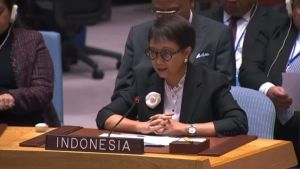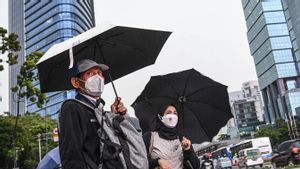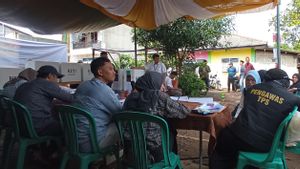JAKARTA - Chinese drugmakers rushed to manufacture anti-fever drugs and other treatments for COVID-19 on Thursday after President Xi Jinping said he was worried about an influx of holiday travelers to rural areas unprepared for the sudden outbreak.
President Xi's comments come just over a month after his government abruptly lifted strict zero-COVID controls, which had largely protected China's 1.4 billion people from the disease for three years, but sparked widespread protests in late November.
As travel increases over the Lunar New Year holiday season, as many as 36,000 people could die each day from the disease, according to the latest estimates from UK-based health data company Airfinity.
Last Saturday China said nearly 60,000 people with COVID had died in hospitals between December 8 and January 12, an increase of about ten times the previous disclosure.
However, that number does not include those who died at home, while some doctors in China have said they are not advised to list COVID on death certificates. Health experts say China's official figures likely do not reflect the true toll of the virus.

"Based on reports of overwhelmed hospitals and long queues outside funeral homes, we can estimate that a greater number of COVID deaths have occurred so far, probably more than 600,000 rather than just 60,000", said Ben Cowling, an epidemiologist in Hong Kong. University reported Reuters on January 19.
China's exit from mass lockdowns, travel restrictions, and COVID-19 testing have also boosted the use of the drug, as people fend for themselves against the disease.
To meet soaring demand, drug makers in China have tripled their capacity to make cold and cough medicines, the China Daily reported on Thursday.
It is known that China has relied on domestic vaccines to fight the pandemic, avoiding foreign-made vaccines that some studies have found to be more effective, while other foreign treatments for COVID-19 are hard to come by in China.
Pfizer's COVID-19 anti-viral drug Paxlovid is available in China, but very difficult to obtain through official channels, according to media reports and personal accounts.
Meanwhile, Merck & Co's antiviral treatment Molnupiravir has also been approved for use but is not yet widely available.
At a meeting this week, China's National Medical Products Administration vowed to stabilize COVID-related drug prices and crack down on counterfeit sales.
Those who are especially vulnerable to the virus are the elderly. Many of them were not fully vaccinated and now face exposure to millions of urban workers, who travel to their hometowns to reunite with families over the Lunar New Year holiday which officially starts on January 21.

Before COVID first appeared in the central Chinese city of Wuhan in late 2019, the holiday was known as the largest annual migration of people anywhere on the planet.
"China's COVID prevention and control are still in difficult times, but the light is ahead, persistence is victory", President Xi said on Wednesday, in a holiday greeting message carried by state broadcaster CCTV.
"I am most worried about rural areas and farmers. Medical facilities are relatively weak in rural areas, so prevention is difficult and the task is tough", President Xi continued, adding that the elderly were a top priority.
Yesterday, Airfinity predicted 62 million people could become infected with the virus between Jan. 13-27 and COVID-related deaths could peak at 36,000 a day on Jan. 26, up sharply from previous estimates.
VOIR éGALEMENT:
"Our forecasts foresee a significant burden on China's healthcare system over the next two weeks, likely to see many treatable patients die due to overcrowded hospitals and a lack of care", said Airfinity director of analytics Matt Linley.
Looking beyond the death toll, there is optimism that China's reopening will revive its $17 trillion economy, which is suffering from one of its lowest growth rates in nearly half a century.
Meanwhile, IMF Deputy Managing Director Gita Gopinath said in an interview at the World Economic Forum in Davos. said China could see a sharp recovery in growth from the second quarter onwards.
The English, Chinese, Japanese, Arabic, and French versions are automatically generated by the AI. So there may still be inaccuracies in translating, please always see Indonesian as our main language. (system supported by DigitalSiber.id)
